Introduction to Counseling Psychology
Empowering You to Guide and Heal through Understanding

9 Hours average completion time
0.9 CEUs
14 Lessons
21 Exams & Assignments
116 Discussions
14 Videos
30 Reference Files
108 Articles
Mobile Friendly
Last Updated January 2026
Introduction to Counseling: Your Path to Becoming a Catalyst for Change
In a world where emotional well-being is often overshadowed by life's relentless demands, there is an urgent need for compassionate individuals who can bring light to those navigating the darkness. Counseling isn't just a career-it's a profound calling, a journey into the human experience, and an opportunity to create meaningful change in the lives of others. If you've ever felt a pull to make a difference, to listen, to guide, and to heal, this course is your invitation to step into that purpose.
Introduction to Counseling is more than an online course-it's an experience designed to inspire, educate, and transform. From the very first lesson, you'll be immersed in the world of counseling, uncovering its unique challenges and remarkable rewards. But this isn't just about acquiring knowledge; it's about discovering your potential as a future counselor and crafting the skills that will empower you to help others find clarity, strength, and hope.
What Makes This Course Exceptional?
Unlike traditional courses that skim the surface, Introduction to Counseling takes you on a deep and engaging exploration of the profession. Imagine walking alongside seasoned counselors, hearing their stories, and witnessing the profound impact they have on their clients' lives. Through this course, you'll gain insider insights into what it truly means to be a counselor-both the triumphs and the trials.
You'll develop not just an understanding of psychological principles but the practical tools and compassionate mindset that make counseling transformative. Learn how to truly connect with people, even in their most vulnerable moments. Master techniques to foster trust, empathy, and meaningful dialogue. Explore the ethical dilemmas and complexities of real-world practice with guidance from experts who've been there.
A Journey of Self-Discovery
This course isn't just about preparing you for a career-it's about unlocking a deeper understanding of yourself and others. You'll reflect on your own strengths, biases, and experiences, discovering how they shape your ability to connect and counsel. Whether you're starting a new professional journey or simply seeking to enhance your interpersonal skills, this course will challenge and inspire you to grow in ways you never thought possible.
The Impact Awaits You
By the end of this course, you'll be equipped with a solid foundation in counseling principles, ready to pursue further education or apply these transformative skills in your personal and professional life. More importantly, you'll be on the path to becoming a beacon of support and guidance in a world that desperately needs it.
This is your moment. Step into a future filled with purpose and possibility. Enroll in Introduction to Counseling today and begin your journey toward changing lives-starting with your own.
- Building trust with diverse clients
- Facilitating client self-discovery
- Role-playing for therapeutic growth
- Ethical decision-making
- Empathy development
- Self-care strategies for counselors
- Cultural competency in counseling
- Effective communication techniques
- Active listening skills
- Non-verbal communication mastery
- Understanding counseling specialties
-
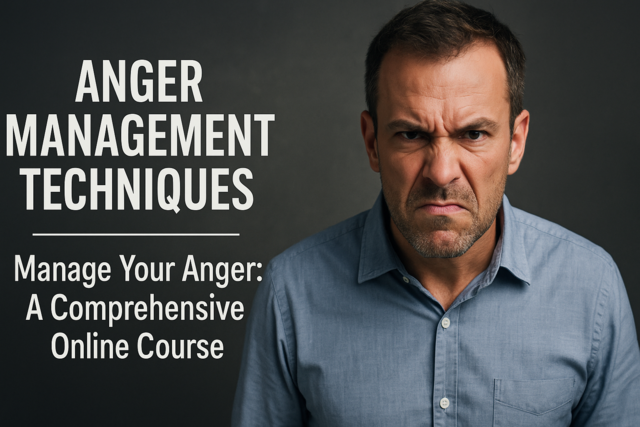
Anger Management Techniques
-
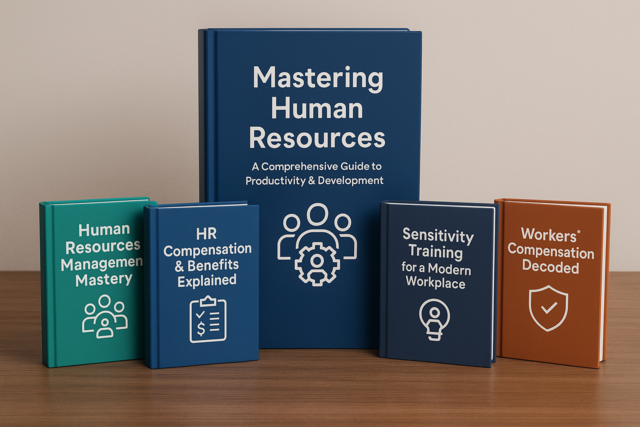
Human Resources Productivity Course Bundle
-

Constructive Feedback and Criticism
-

Child Safety for Parents
-

Human Resources Management
-

Creative Writing Workshop
-

Decision Making Skills
-

Empowerment for Single Parents
-

Cross-Cultural Communication
-
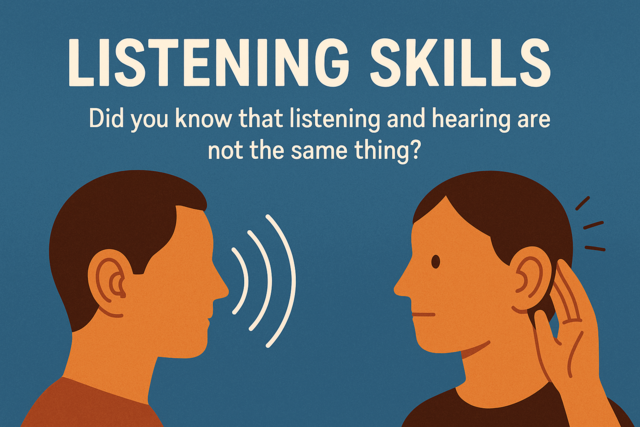
Listening Skills
-

Developing Great Social Skills
-

Mortgage Loan Processing
-

Team Management and Leadership
-

Generational Diversity in the Workplace
-

Negotiation Skills
-

Recruitment and Retention Strategies
-

Mediation 101
-
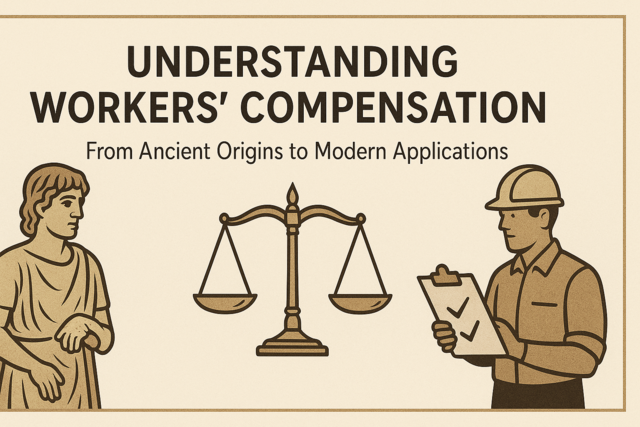
Understanding Workers' Compensation
-

Workplace Violence: A Guide to Responding and Preventing
-

Serial Killers 101
-

Sociology 101
-
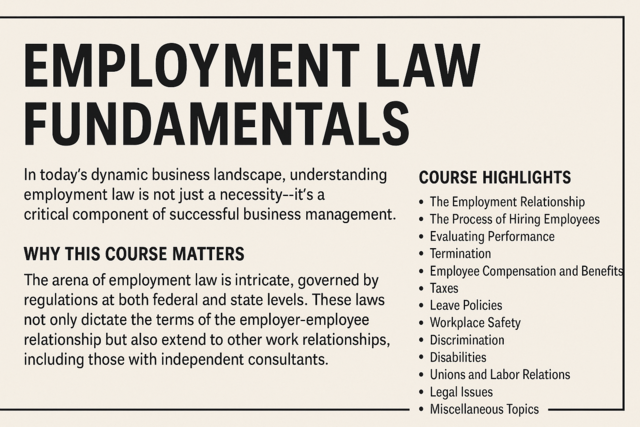
Employment Law Fundamentals
-

Organizational Behavior in Business
-

Understanding Childhood Obesity
-

Creative Thinking Skills